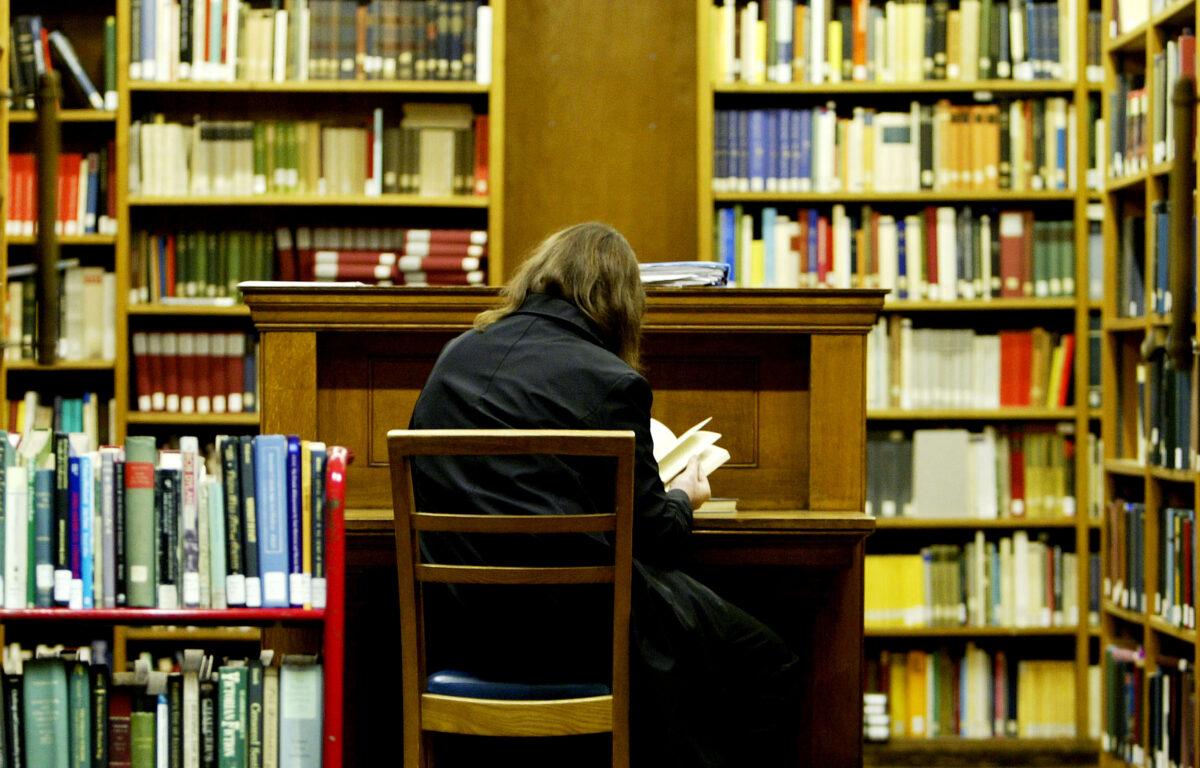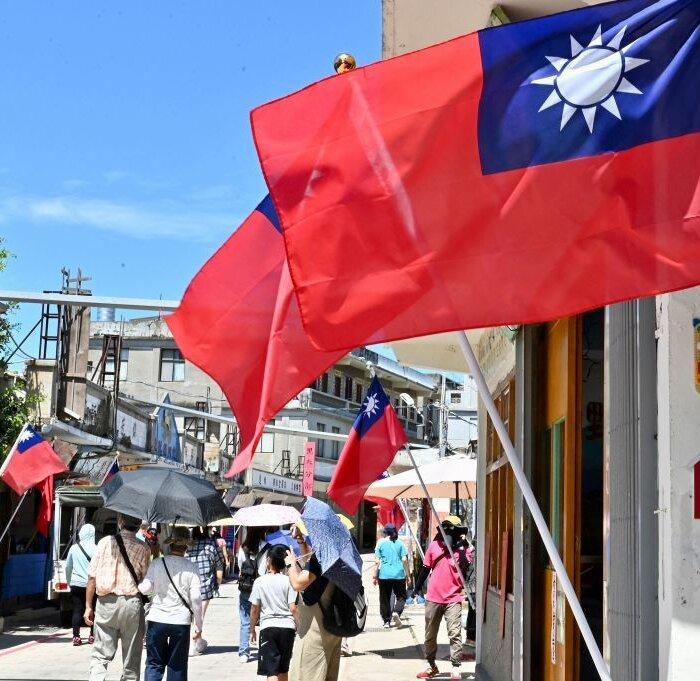An academic at University College London (UCL) said on Friday that she was “banned and cancelled” after asking her class, “Why does China have so many slaves?”
Michelle Shipworth, associate professor at UCL’s Bartlett School of Environment, Energy, and Resources, told media outlets that a module she designed has been taken away from her over the question.
Warning that universities are “heavily incentivised to cede to the demands of overseas students,” she demanded her course back and called on the university to “urgently” run training on academic freedom.
A slideshow she showed to the class, seen by The Epoch Times, contained a 2014 global slavery index that ranked China number two in terms of the number of people then in slavery.
The slide was completed with the question, “Why does China have so many slaves?”
The exercise was designed to illustrate how poor data quality can affect the accuracy of rankings.
The rest of the slides listed problems with the index, including one point saying data from other East Asian countries have been used to extrapolate the situation in China because of the lack of information from the country.
At the end of the class, one of the Chinese students stood up and asked Ms. Shipworth why she had asked such a provocative question.
Giving In
According to The Telegraph, Ms. Shipworth didn’t think much of the episode until she was locked out of Moodle, a course management system used by colleges, five days after the class.She had refused a suggestion from her head of department Neil Strachan to also include India as an example so Chinese students would not feel singled out.
Ms. Shipworth eventually got her editing rights back, but after being “absolutely harangued” by two colleagues, she gave in by around mid-November and agreed to drop the exercise from future classes.

‘Commercially Viable’
On Jan. 25, she raised the incident at a “Disagreeing Well in Teaching” event run by UCL Provost Michael Spence, and found that “all senior leaders in the room” agreed her head of department and colleagues had curtailed her academic freedom and that UCL needed to implement training on academic freedom.Following the vindication, Ms. Shipworth emailed Mr. Strachan and their colleagues a summary of what had been said in the event, “in the hope of drawing a line under the incident and emphasising that UCL senior colleagues supported academic freedom,” she told The Epoch Times.
However, this resulted in further complaints from her colleagues alleging she was biased against Chinese students.
Writing on social media platform X, Ms. Shipworth said the evidence against her included her success in getting two Chinese students expelled for cheating and her concern that a couple of others were cheating as well.
“These cheating cases spanned 10 years when I taught hundreds of Chinese students,” she wrote.
Ms. Shipworth told The Telegraph: “In my time at UCL, I have seen and exposed flagrant cheating, including falsified references used in student applications and some Chinese students using paid services to produce assessments for them, which they are then unable to discuss in class.
Kicked Off Course
On Feb. 8, Mr. Strachan had an informal meeting with Ms. Shipworth.“He then sent me an email saying he could not find evidence I am biased against Chinese students but nonetheless imposed restrictions on my teaching, including taking my module off me,” Ms. Shipworth told The Epoch Times, adding that she had invented the module.
According to The Telegraph, the email says: “We have a collective duty to ensure all students have a good educational experience at UCL and, in order to be commercially viable, our MSc courses need to retain a good reputation amongst future Chinese applicants.
“I am therefore concerned that if there is a perception or misperception of bias that this could damage your own reputation as well as that of the course.”
The Epoch Times has not reviewed the email but received confirmation from Ms Shipworth that the report was accurate.
Speaking to Sky News on Saturday, Ms. Shipworth said she believes some of her colleagues “are hyper anxious about losing income from overseas students to a point” where they seem “prepared to do almost anything to keep our students happy.”
The professor said on X that she wants her module back, and urged UCL to “urgently run [academic freedom] training for staff—[especially] those with leadership responsibilities.”
She also urged all British universities to “urgently implement recommendations by Universities UK on how to manage risks in internationalization” and “promote their autonomy, freedom of speech and academic freedom.”
“They are mostly based around academic freedom and the importance of this for our Chinese students as well as for UK staff and students and universities themselves,” she said.
“Having taught hundreds of Chinese masters students, I have found the vast majority keen to learn, including keen to learn those skills that have a different emphasis in the West to the emphasis they receive in China (e.g. critical thinking).”
A UCL spokesperson said: “We are proud to have a thriving and diverse student community, with the brightest minds from the UK and more than 150 other countries, choosing to study and research here. We also have a long tradition of safeguarding freedom of speech and are committed to upholding the rights of our staff and students to facilitate debate and exercise their academic freedom of enquiry. While it would not be appropriate to comment on individual cases, the issues raised in this article are clearly concerning and we are working to establish what has happened.”







